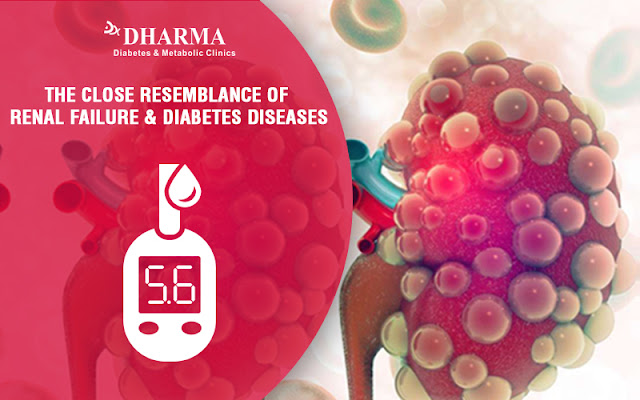Evolving Technology Ensuring Perfect Glucose Monitoring System

Blood glucose monitoring system is a way of testing the concentration of glucose in the blood. Particularly care of diabetes mellitus, a blood glucose test must be performed by piercing the skin (typically, on the finger) to draw blood, then applying the blood to a chemically active disposable Glucose Test Strips. There is the usage of different technology, but most systems measure an electrical characteristic and use this to determine the glucose level in the blood. Having barely mastered the art of receiving and making calls on the cell phone, the last thing we want to do is learn to use yet another digital gizmo - this one a blood glucose meters. Fortunately, the modern-day Blood Glucose Monitor is extremely easy to use. Using Blood Glucose Monitors: Ensure your hands are clean enough before monitoring the blood sugar. Then open the package containing your new Blood Glucose Monitor. Remove from the package and keep ready the lancing device, the box containing the glu...


